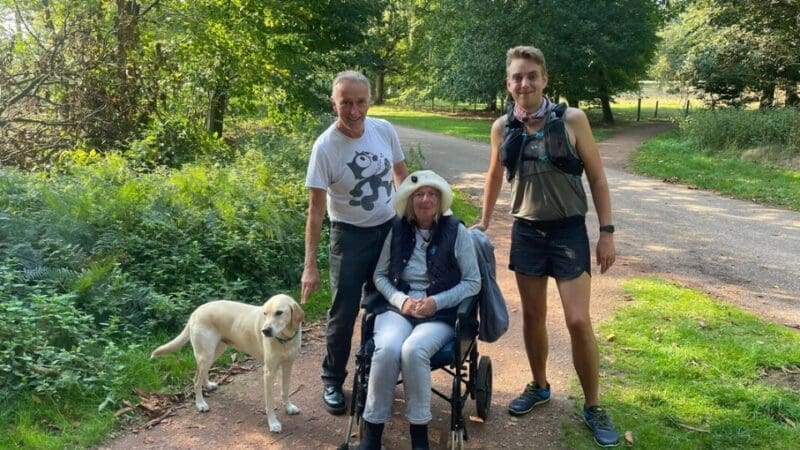It is important to take your time to find the right carer to support the person with dementia. A good first step is to find out which agencies provide care in your area by using the Homecare Association’s search tool.
You could also speak to other local families who use home carers and ask for their opinions.
The following tips may be useful:
- Ensure the care agency is regulated by the Care Quality Commission (England), the Care Inspectorate (Wales), the Regulation and Quality Commission Improvement Authority (Northern Ireland) or the Care Inspectorate (Scotland). You can request the latest report from the care agency
- Check that carers are dementia trained
- If the person has young onset dementia (where symptoms develop before the age of 65), ask if the carer has experience in working with younger people and understands their different needs
- Check that all carers have had DBS checks to ensure they are suitable for working with vulnerable people
- Ask for references from other families that use the agency
- Think about when you would like the carer to visit, and for how long
- Think about what tasks you would like the carer to help with
- Prepare a profile of the person with dementia, such as a life story – a record of their life that will help the carer get to know them
- Find out whether the same carers will come every day, or whether there may be several different people
- Find out what will happen if the regular carers are ill or on holiday
- Ask if you can have a trial period to see how the person with dementia and the carer get on
Some people prefer to use an independent/private carer who is self-employed, rather than working for an agency.
There are benefits to this – for example, you will have the same carer every time, and they can build a greater rapport with the person with dementia. They may also be more flexible and less rushed.
If you go down this route, ensure you take all of the factors above into account, and also consider things like what will happen if the carer is ill or on holiday, and what insurance they have in case of accidents or breakages.



